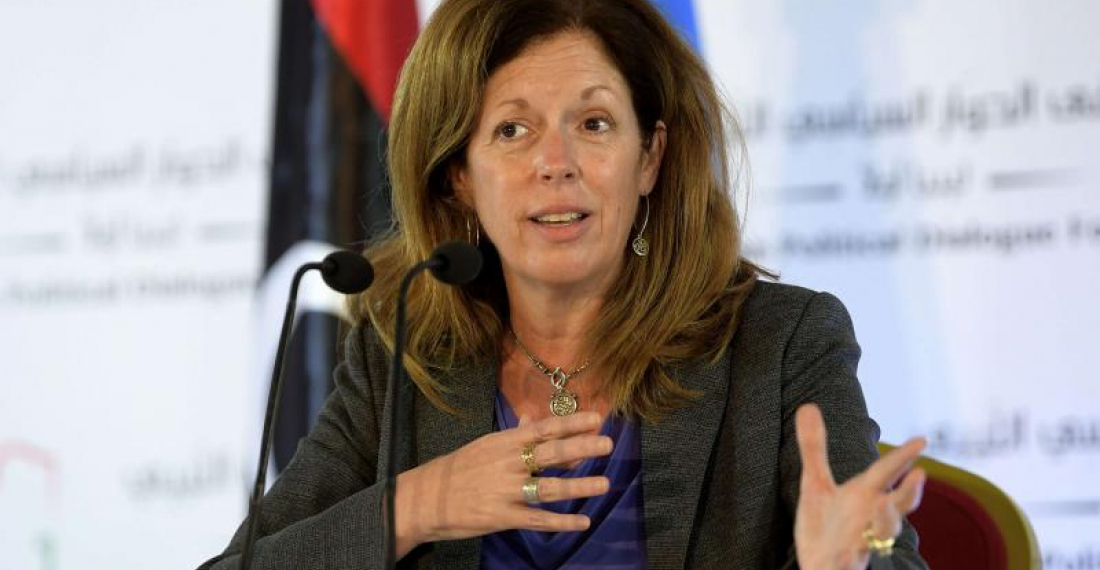After talks in the Tunisian capital, Tunis, Libyan presidential and parliamentary elections will be held in December 2021 to form a Government of National Unity. Libyan talks were held recently in Geneva and Morocco. Acting Special Representative of the Secretary-General Stephanie Williams said that the talks in Tunis were aimed at creating an executive authority capable of organizing elections and implementing political, economic and military reforms. The new executive, said Ms. Williams, will involve separation of powers, with a new Presidency Council.
The importance of support from partners is essential to the success of the process, declared Ms. Williams. She welcomed the encouragement that she has received from the international community but underlined the importance of action to back up commitments, particularly with regards to an arms embargo, and the appropriate use of sanctions.
The Libyan factions have also agreed to protect oil facilities following the UN-sponsored talks.
Talks are continuing on the various military, economic and political topics. The latest round was six days in Tunis.
Williams said “no names … were discussed” during the talks in Tunis, adding that “10 years of conflict cannot be resolved in one week”.
There are several obstacles remaining but Williams remained optimistic suggesting that the majority of the negotiating parties did not like the status quo.
Photo: UN acting envoy to Libya Stephanie Williams speaks during a press conference in the Tunisian capital Tunis on November 15, 2020. (AFP).
Source: Commonspace.eu with agencies.







